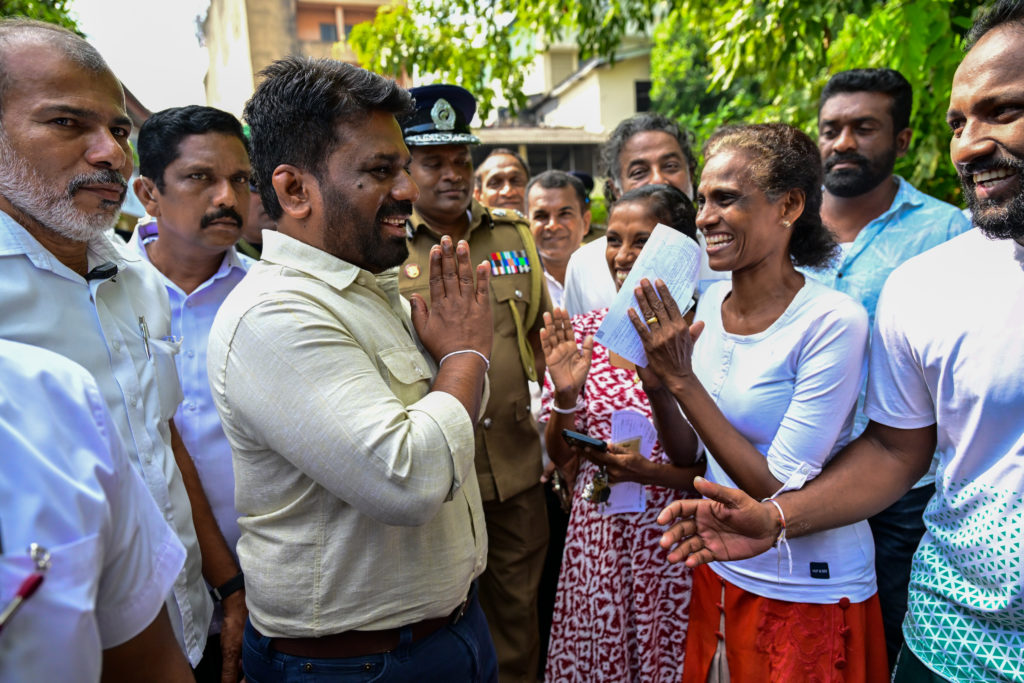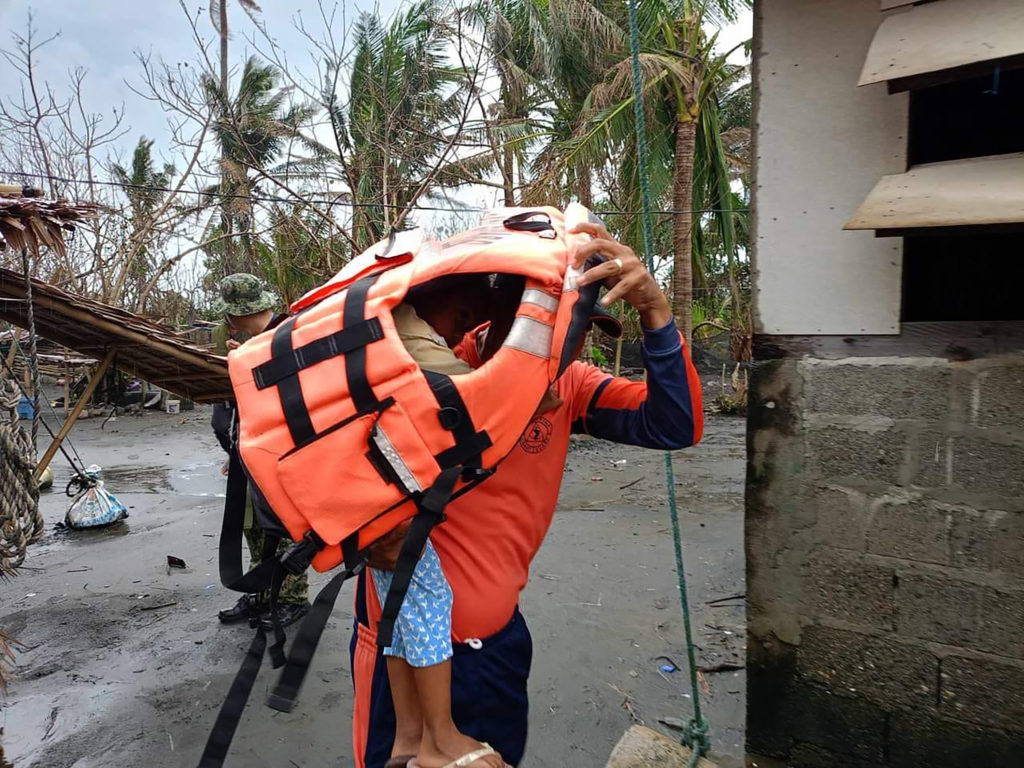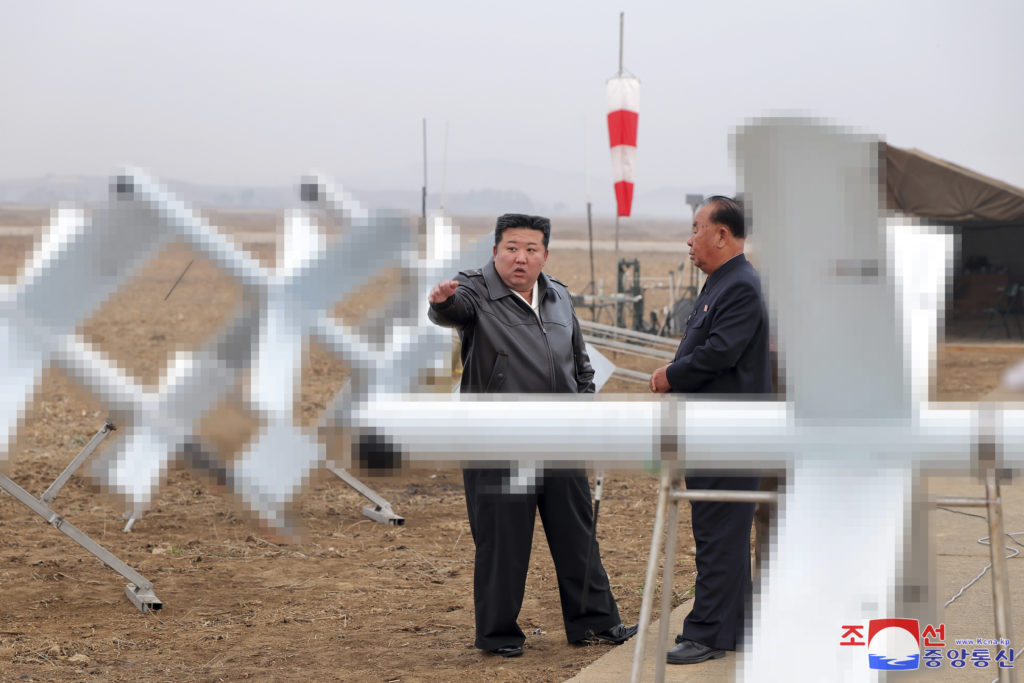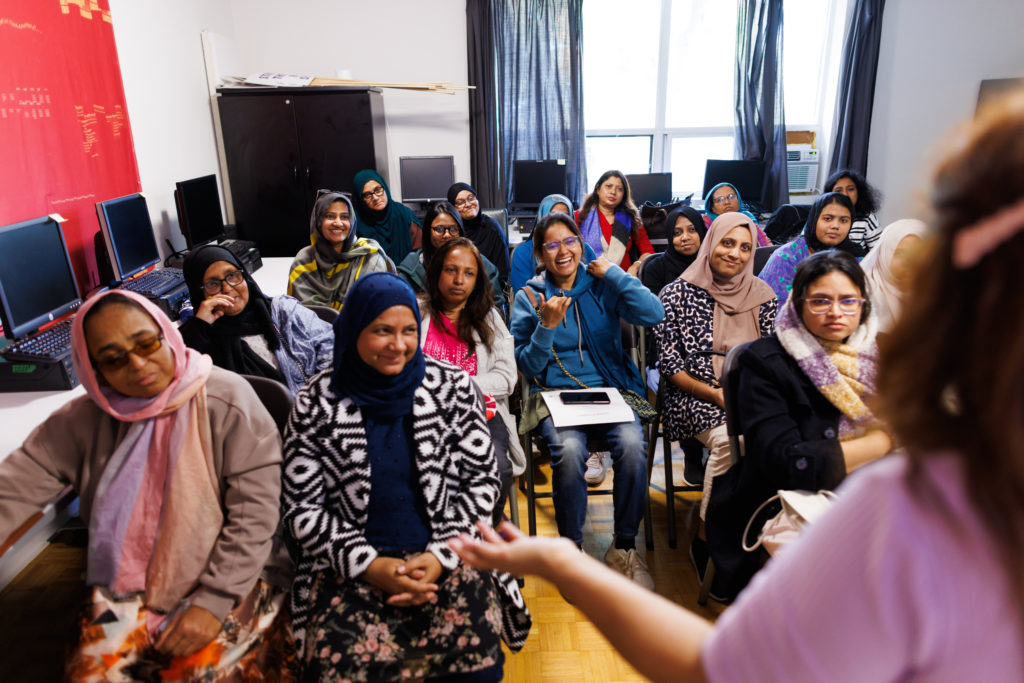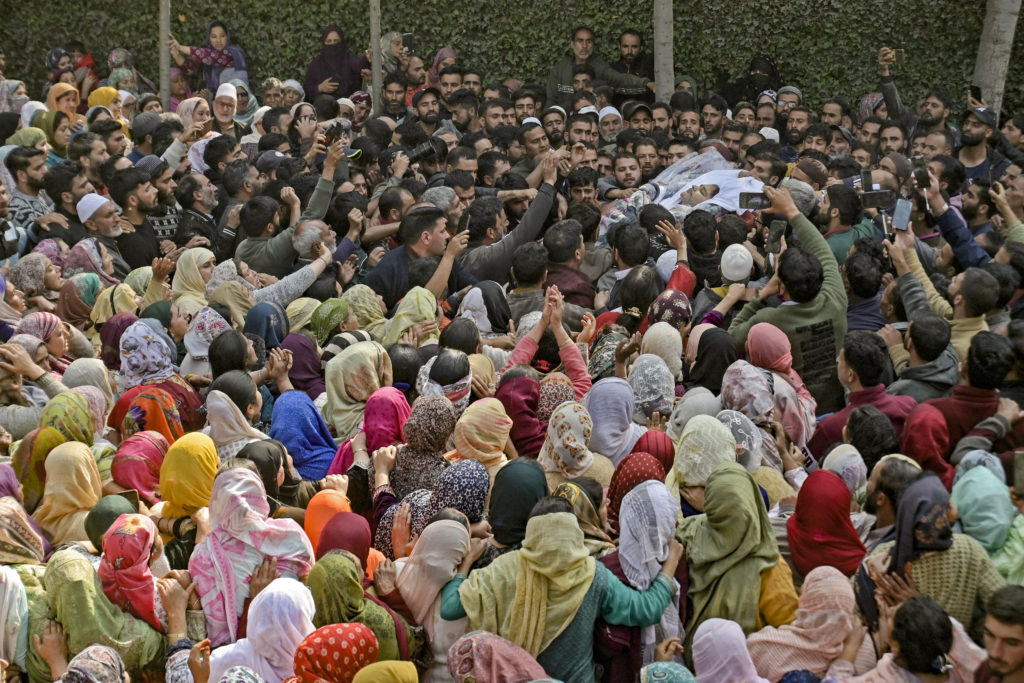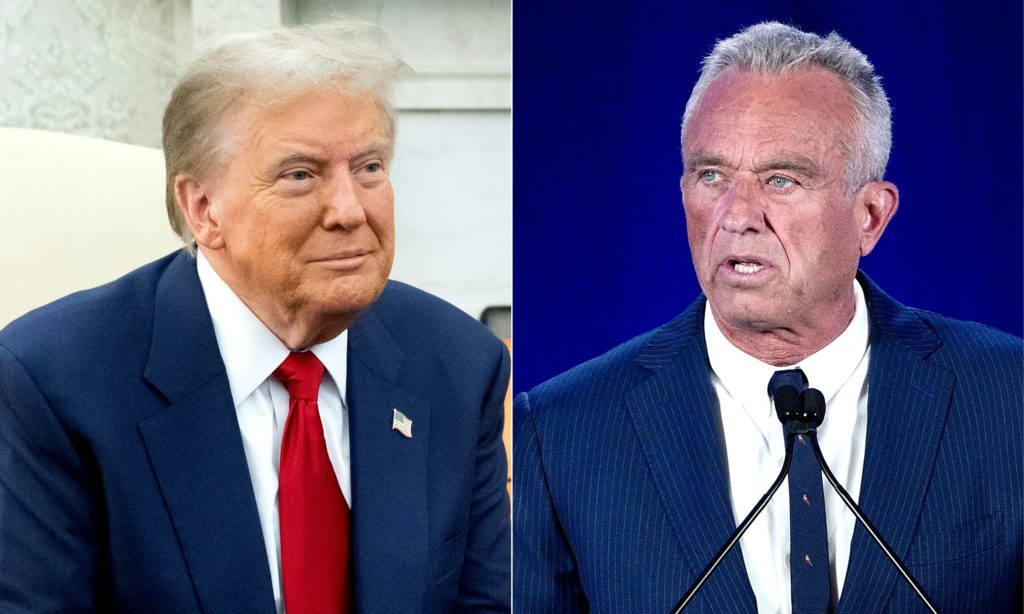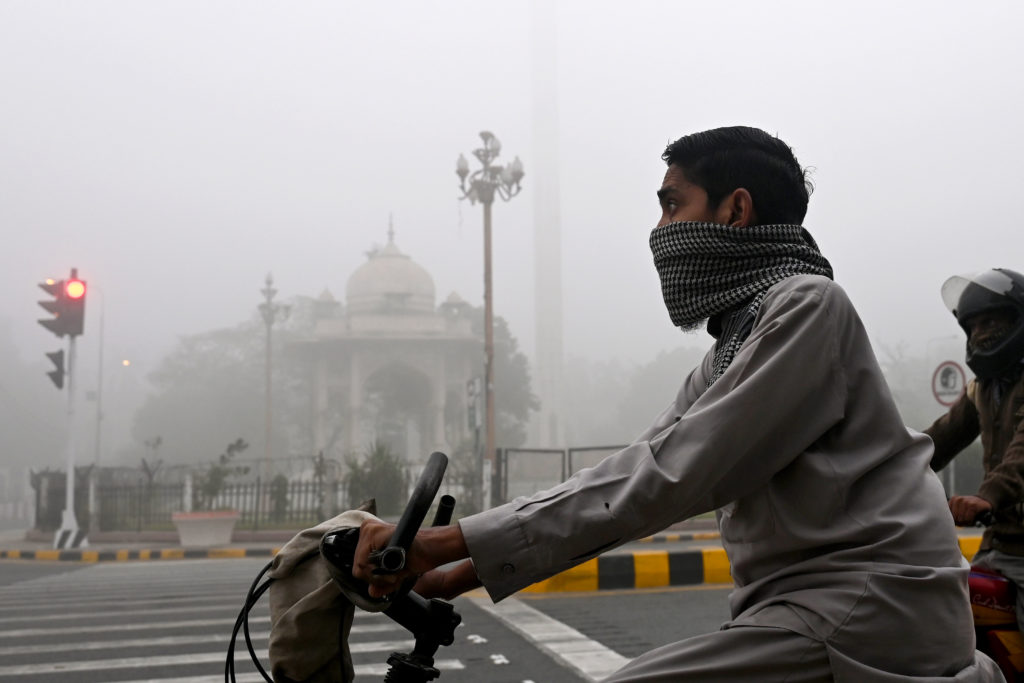US Secretary of State Antony Blinken was visiting Morocco on Tuesday to discuss North African security issues and meet the United Arab Emirates’ de facto leader Mohammed bin Zayed al-Nahyan.
A major focus of the trip is the month-old Russian invasion of Ukraine and sanctions against Moscow which have colluded to drive up global energy and food prices, spelling a threat for major grain importers.
“We know this pain is keenly felt in the Middle East and North Africa, where most countries import at least half of their wheat,” State Department Acting Assistant Secretary Yael Lempert said before the trip.
Blinken flew in late Monday from Israel where he had joined a gathering of top diplomats from the UAE, Morocco, Bahrain and Egypt that underlined the sea change in relations between Arab countries and the Jewish state.
US officials said talks in Morocco, and in Algeria on Wednesday, would also deal with the Western Sahara dispute, development issues and security cooperation, including on fighting the Islamic State group and Al Qaeda in the Sahel.
In Morocco, Blinken will meet Prime Minister Aziz Akhannouch and Foreign Minister Nasser Bourita, and separately a group of Moroccan women involved in science and technology.
He will finish the day at the local palace of Mohammed bin Zayed, often dubbed “MBZ”, whose wealthy Gulf state, long a US ally, has taken a more assertive role in the region, stirring some consternation in Washington.
They were set to discuss efforts to revive the 2015 landmark Iran nuclear deal, which aimed to limit Iran’s nuclear development in exchange for loosening sanctions, but which former US president Donald Trump pulled Washington out of in 2018.
Also on the agenda will be the Yemen war where a Saudi-led coalition including the UAE has fought the Iran-backed Huthi rebels, who have stepped up cross-border missile and drone attacks in the Gulf region.
– Western Sahara –
In Morocco, a key focus will be Western Sahara, a disputed desert region bigger than Britain that was a Spanish colony until 1975.
Morocco controls 80 percent of it, while the rest — a mostly landlocked area bordering Mauritania and Algeria — is run by the Polisario Front.
Trump decided in 2020 to recognise Western Sahara as part of Morocco, after the kingdom had agreed to normalise relations with Israel under the so-called Abraham Accords.
Blinken will discuss with Moroccan leaders how President Joe Biden’s administration will follow up on Trump’s move.
Morocco has urged the US to take a step further and open a consulate in the poor desert region — a move the Biden administration has not committed to.
Instead, the State Department said in a report Monday that it supports Morocco’s Autonomy Plan for Western Sahara and the work of UN envoy Staffan de Mistura who has not advocated for a consulate.
Western Sahara is designated by the UN as a “non-self-governing territory” whose people “have not yet attained a full measure of self-government”.
Blinken’s visit comes as the US seeks stronger support across the Middle East and North Africa for Ukraine after Russia’s invasion, with many countries in the region reluctant to criticize Moscow.
That includes Morocco, which has declined to condemn Russia at the United Nations, frustrating both the Americans and Europeans.
The UAE has also refrained from criticising Russia, recently sent its top diplomat to Moscow, and hosted the Russia-backed Syrian President Bashar al-Assad, regarded as a pariah by Washington.
The Emirates are a long-standing US ally but the Abu Dhabi crown prince, MBZ, has steered a more assertive foreign policy course, forging closer ties with China and intervening in the Libya conflict.
Asked about Washington’s ties with the UAE, a senior US official responded drily that the two sides will talk about “the next phase in the relationship and how we can take it forward.”


